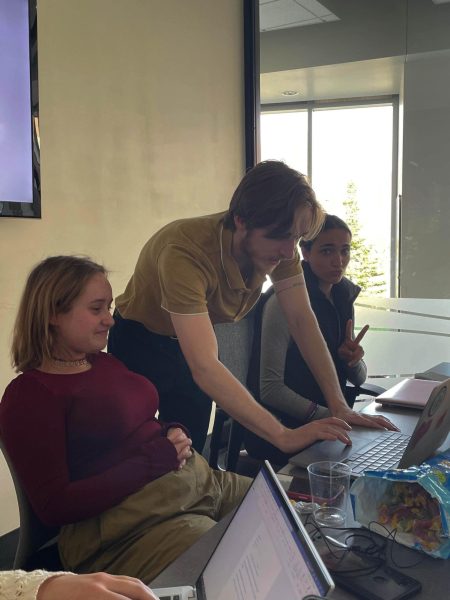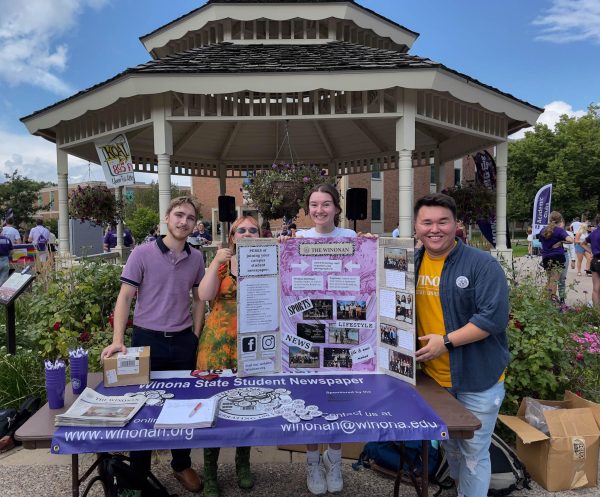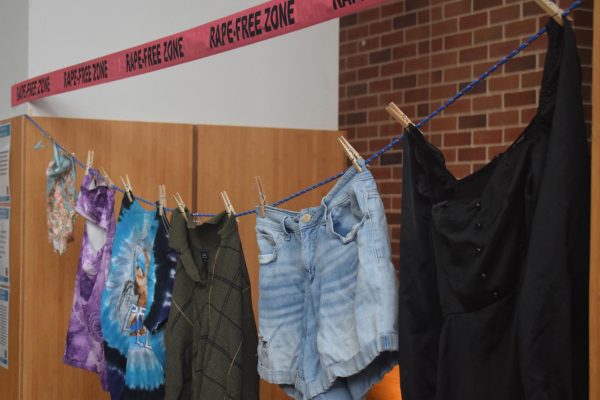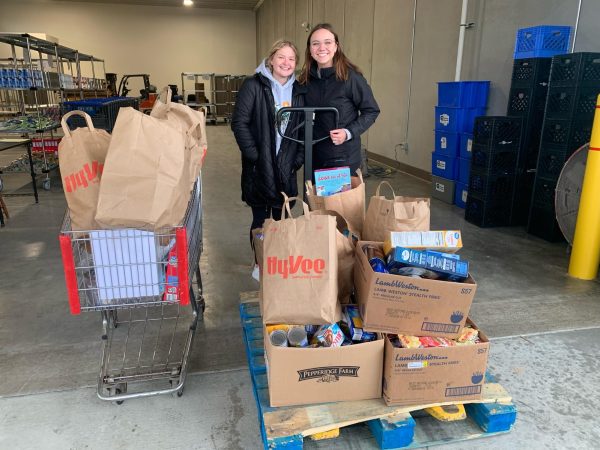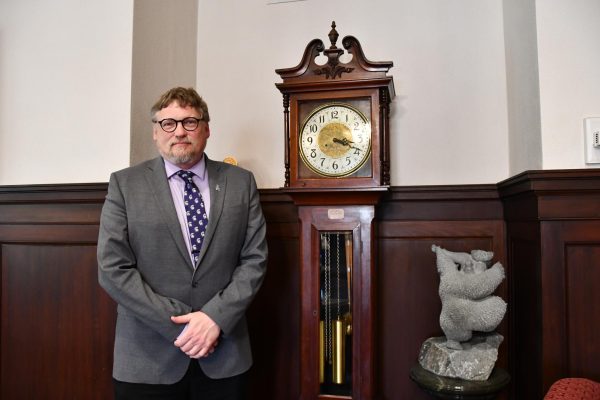Counseling services offers free screenings

October 17, 2018
Winona State University offered free anonymous mental health screenings and conversations with a counselor at the on-campus Counseling and Wellness Services in the Integrated Wellness Complex during National Depression Screening Week.
During the 2017 College Student Health Survey it was discovered that 38% of Winona State students reported being diagnosed with at least one mental health condition. Winona State’s counseling services works hard to bring these numbers down as much as possible.
Benedict Ezeoke, director of counseling and wellness at Winona State, has been working in the counseling department for three years and said they have been doing free screenings during National Depression Screening Week long before he came.
“About twenty people come in during our free screening week, but we always encourage students to come for screenings during the rest of the year as well. We also offer walk-ins as more of a crisis management solution. You can come in any day for that because we have someone assigned to it on a daily basis,” Ezeoke said.
Winona State has many free and easy access resources for mental health for students that staff encourages students to use.
“We offer individual counseling, group counseling; such as grief and anxiety groups; and Aiden and Winston, our service dogs, to help relieve students’ stress and the clinic on campus. We engage in campus and community outreach as well to talk about the signs and symptoms of mental health and to raise awareness,” Ezeoke said.
Winona State’s counseling services team wants students to remember that mental health is nothing to be ashamed of and that students are welcome to talk to staff members, no matter how the situation may seem.
Sydney Bennett, a sophomore social work and Spanish major, shared why understanding mental health is a critical aspect to her future career.
“Being aware of others’ nonverbal cues, tones of voice or what they say are important because it helps one understand the person they are with, but also helps the social worker be better at their job,” Bennett said.
College students especially need to take care of their mental health because of the environment they are surrounded by and all the new aspects.
“Learning about mental health in college is important because most of us are in this new, independent stage of our lives where we’re away from our parents or legal guardians for the first time and it can be a bit intimidating,” Bennett said.
“Some ways to take care of yourself are doing things you like, such as reading, working out or listening to music; eat a well-balanced meal – I know this is hard as a student sometimes, but eating right makes your body feel good and will then make you feel mentally and emotionally good as well,” Bennett said. “Getting a good night’s sleep helps a lot too. Again, I know this can be hard but not sleeping can cause more than just mental health problems.”
National Depression Screening week is not the only week students should come in and check out their mental health. It is important for students to keep their mental and physical health in check throughout the year.
“Only you know what’s best for yourself, so being able to identify when you’re not feeling the most mentally sound is important, but also knowing how to find healthy outlets to cope with the way you’re feeling is important,” Bennett said.
Counseling and Wellness services offers an online mental health self-assessment on their Winona State website that students can access as well as many other resources the site offers for students.
Ezeoke discussed how counseling services are experimenting with evening hours to help out with students’ busy schedules.
“Do not wait until you get to crisis point, even if it means to just come around and chat with someone. Mental health develops and if you do not deal with it, it can become a bigger problem. There is nothing bad with mental health problems it is just the stigma. Many people suffer from other things than depression and feel like counseling services won’t be able to help them, but we can,” Ezeoke said. “This department works so hard and we have a good team that is highly dedicated, and we just want students to come over and enjoy what we have to offer.”



























































